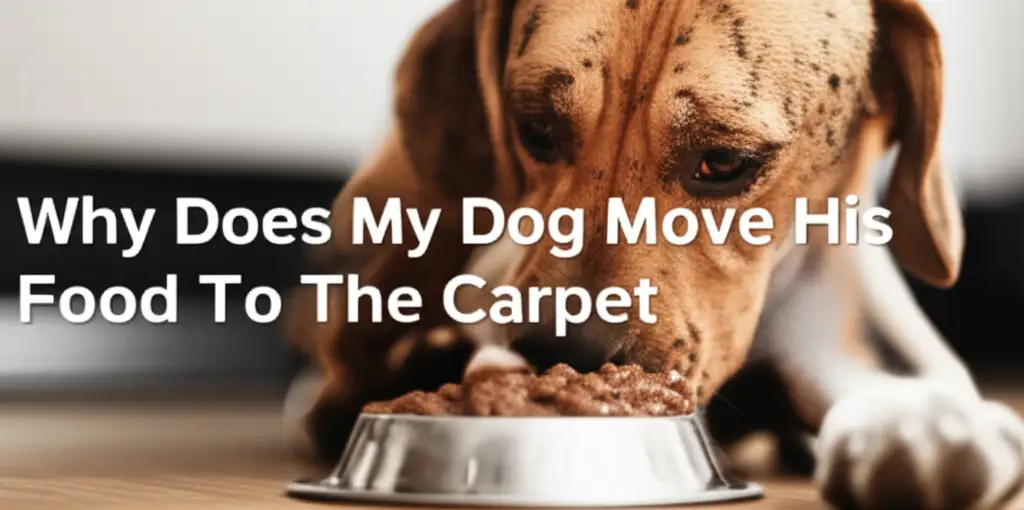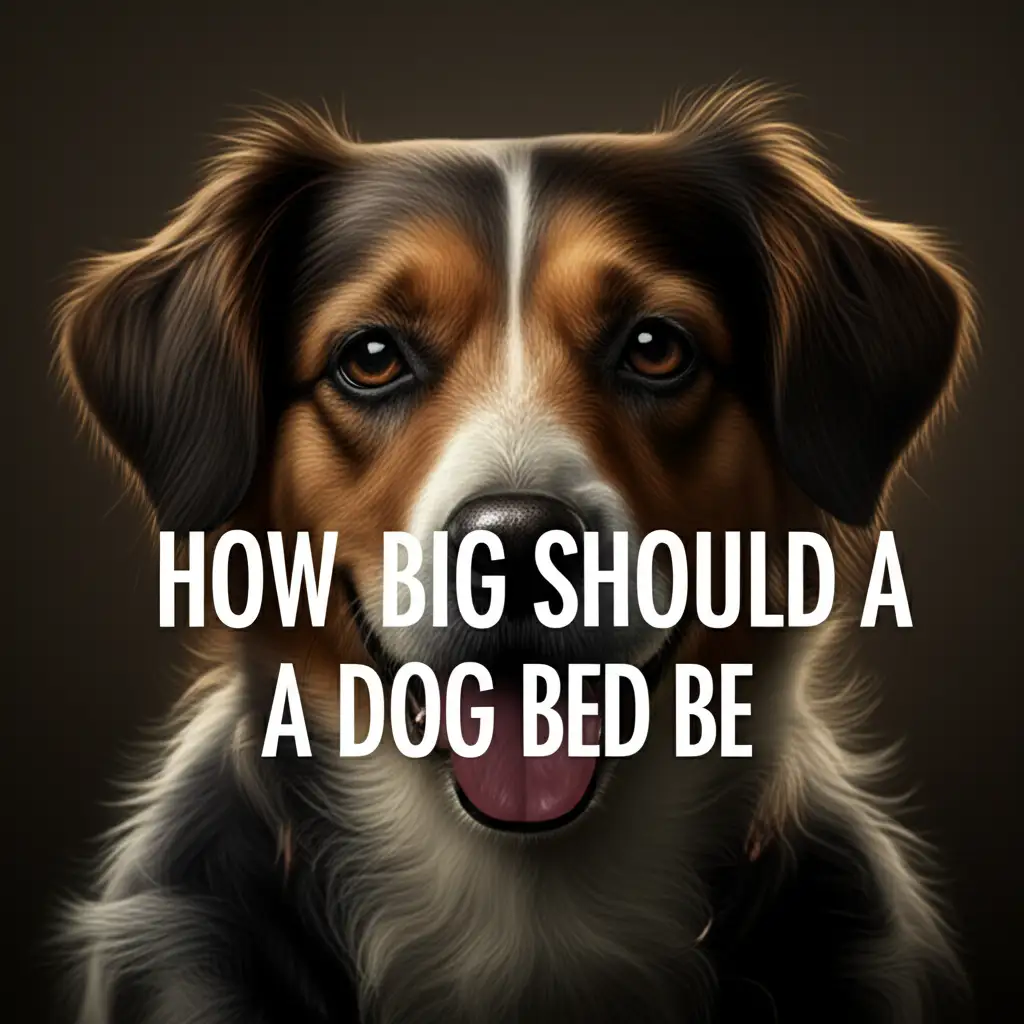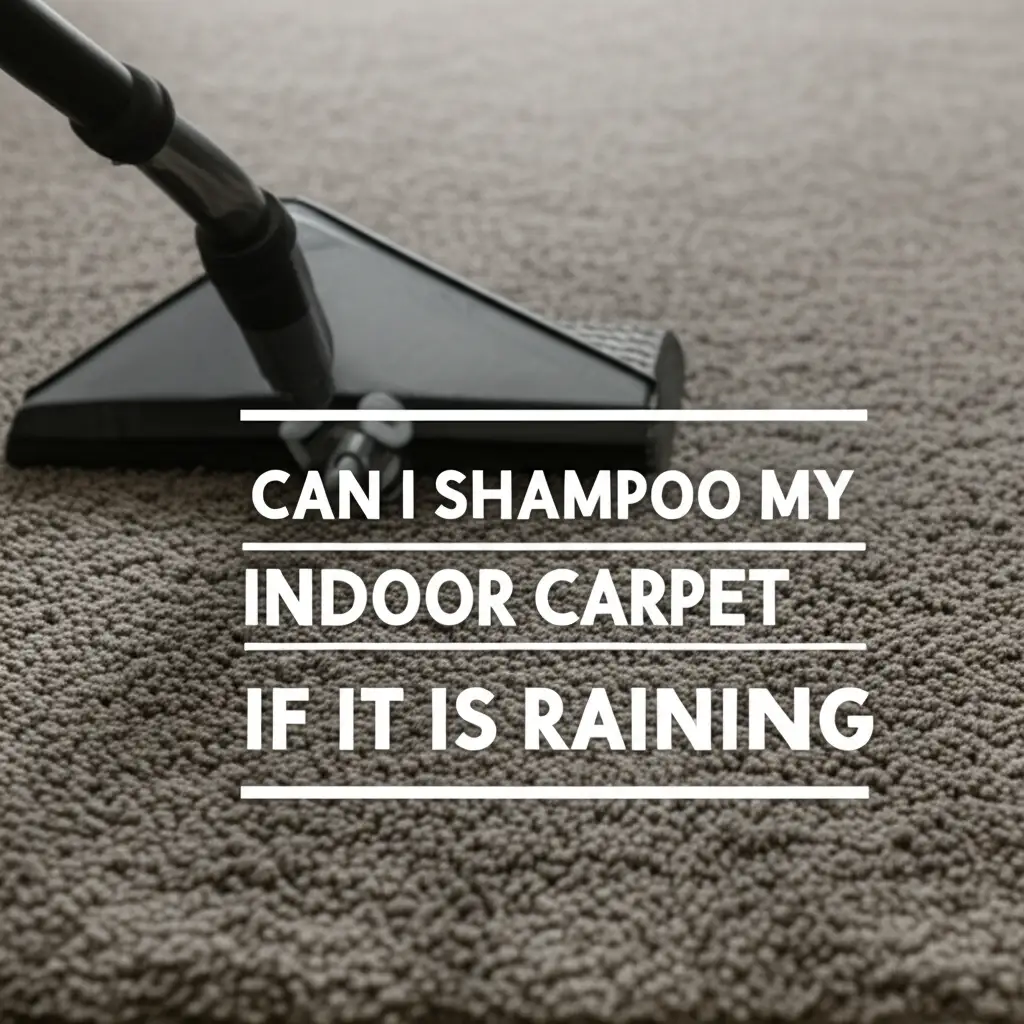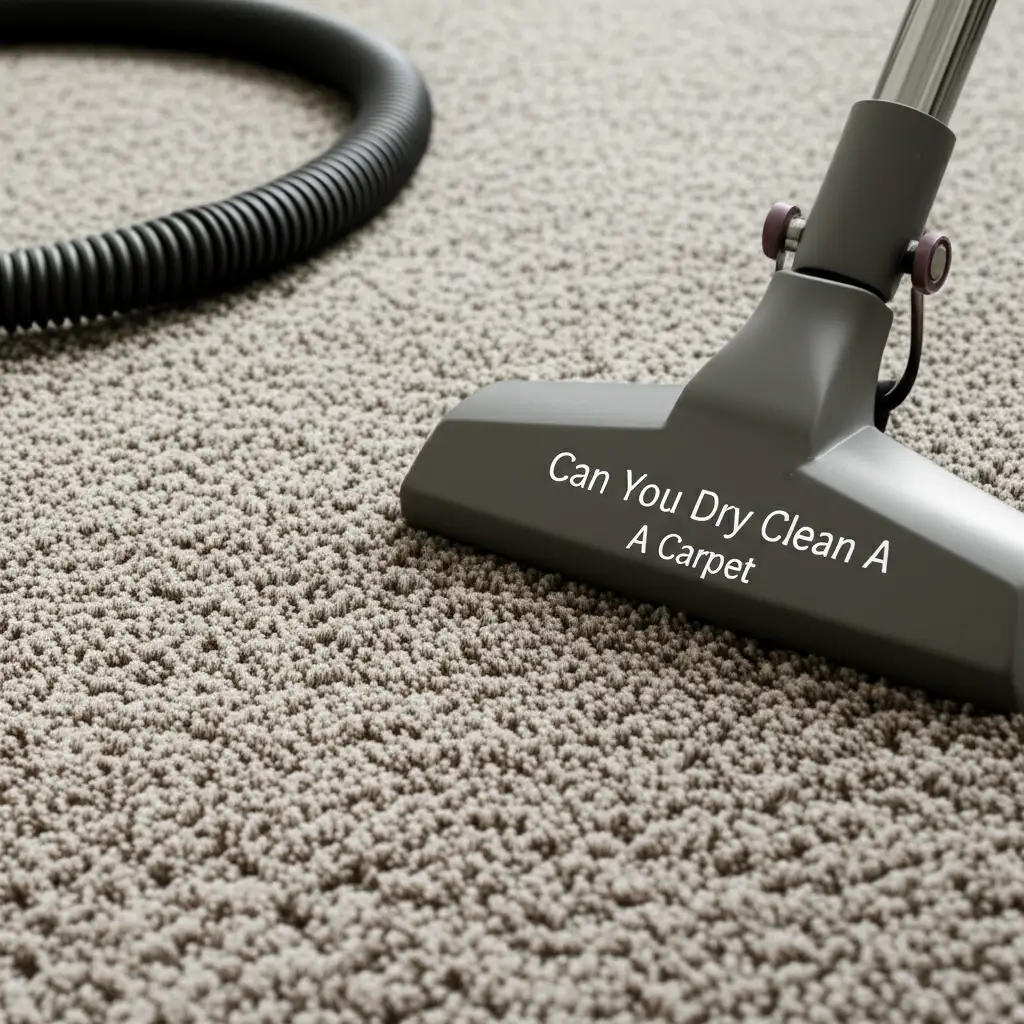· Elira Thomsen · Pet Behavior · 19 min read
What Does It Mean When A Dog Licks The Carpet
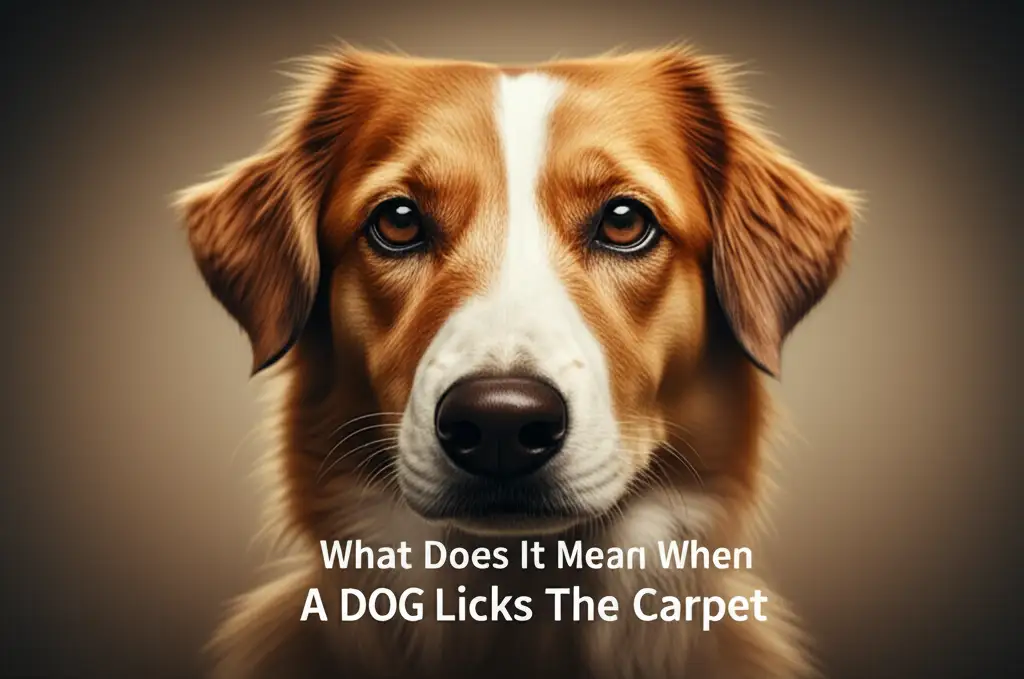
Unraveling Why Your Dog Licks The Carpet
It is a common sight: your beloved dog intently licking the carpet. This behavior often puzzles dog owners. You might wonder, “What does it mean when a dog licks the carpet?” Many different factors contribute to this habit. Understanding these reasons helps you address the behavior effectively.
This guide explores the various causes behind your dog’s carpet licking. We will look at both behavioral issues and potential medical concerns. We also discuss environmental influences. You will learn practical steps to take. We will cover prevention strategies and provide insights into when to seek professional help. My goal is to help you understand your dog better and ensure their well-being.
Takeaway
- Observe Behavior: Note when and how your dog licks the carpet. This helps identify triggers.
- Rule Out Medical Issues: Consult a vet first to check for pain, nausea, or nutritional needs.
- Address Boredom and Anxiety: Provide mental and physical stimulation. Use puzzle toys.
- Clean Carpets Thoroughly: Eliminate enticing smells from spills or pet accidents.
- Seek Professional Help: Contact a vet or behaviorist for persistent or compulsive licking.
Clear, Concise Answer to the Main Query
When a dog licks the carpet, it often signals underlying issues. Common reasons include boredom, anxiety, seeking comfort, or the presence of enticing scents. It can also point to medical problems like nausea, pain, dental issues, or nutritional deficiencies, requiring veterinary attention.
Understanding Common Behavioral Reasons for Carpet Licking
Dogs communicate with us in many ways. Licking the carpet can be a sign of something behavioral. My dog sometimes licks the floor when he is bored. He is looking for something to do. Boredom is a frequent cause of repetitive behaviors in dogs.
Boredom and Lack of Stimulation
Dogs need mental and physical activity. A dog with too much energy or not enough to do may find ways to entertain itself. Licking the carpet provides a form of self-stimulation. It keeps their mouth busy. This can be especially true for high-energy breeds. They need structured playtime and training sessions.
A dog might lick the carpet because it is under-stimulated. They may not get enough walks. They might lack interactive toys. Without proper outlets, their energy turns inward. Repetitive licking can become a default activity. Offering new toys or games can help. Try different types of puzzle toys.
Anxiety and Stress
Just like humans, dogs experience anxiety. Stress can trigger unusual behaviors. Licking can be a self-soothing mechanism for dogs. It releases endorphins, which are feel-good chemicals. This helps them calm down.
Dogs might lick due to separation anxiety. They feel stressed when left alone. Changes in routine can also cause anxiety. A new pet, a move, or a new person in the home creates stress. Observe if licking occurs during stressful times. Providing a safe space for your dog helps. Consider using calming aids or specialized training.
Seeking Attention
Dogs are smart. They learn what behaviors get a reaction from us. If your dog licks the carpet and you immediately pay attention, they will repeat it. Even negative attention, like telling them “no,” is still attention. They learn this connection quickly.
My dog knows exactly how to get me to notice him. Licking the carpet might be his way of saying, “Look at me!” To address this, ignore the licking when it is for attention. Instead, reward calm behavior. Provide attention when your dog is doing something positive. This teaches them better ways to get your focus.
Addressing Potential Medical Causes Behind Carpet Licking
When a dog licks the carpet frequently, it is important to consider health issues. This behavior is sometimes a sign of an underlying medical problem. My vet always says to rule out health concerns first. It is always a good idea to consult your veterinarian.
Gastrointestinal Upset and Nausea
Dogs sometimes lick surfaces when they feel unwell. Nausea or an upset stomach can cause this behavior. They might try to soothe themselves. They might feel a strange sensation in their mouth or throat. Licking can be a way to manage discomfort.
If your dog is licking the carpet and showing other signs of illness, act quickly. Look for vomiting, diarrhea, loss of appetite, or lethargy. These symptoms, combined with carpet licking, suggest a digestive issue. A vet can diagnose problems like acid reflux or inflammatory bowel disease. They can then recommend treatment.
Pain or Discomfort
Pain is another possible reason for unusual licking. Dogs often lick themselves excessively when they hurt. They may lick an injured paw or joint. But if the pain is generalized or internal, they might lick other surfaces. The carpet is a convenient target. This is a coping mechanism.
An orthopedic injury or internal pain can cause a dog to lick compulsively. Arthritis in an older dog might lead to this behavior. They are trying to find relief. If you suspect pain, watch for limping, reluctance to move, or changes in posture. A vet can perform an examination. They can identify the source of discomfort.
Nutritional Deficiencies or Pica
Sometimes, dogs lick non-food items due to a lack of certain nutrients. This is a form of pica. Pica is a disorder where animals crave and eat non-nutritive substances. The carpet is a common target. They might be trying to make up for something missing in their diet.
A diet lacking essential vitamins or minerals can trigger pica. For example, an iron deficiency might cause a dog to eat dirt. While carpet is not dirt, it is a non-food item. Discuss your dog’s diet with your vet. They might recommend blood tests. A vet can suggest a change in food or a supplement.
Dental Issues
Oral pain or discomfort can also lead to excessive licking. A dog might have a broken tooth. They might suffer from gum disease. An infection in the mouth can also cause problems. The licking might be an attempt to relieve the pain or dislodge something.
If your dog is licking the carpet, check their mouth. Look for red gums, bad breath, or broken teeth. They might also show reluctance to eat hard food. Dental problems are common in dogs. Regular dental check-ups are important. A professional cleaning or tooth extraction might be necessary.
Environmental Factors Influencing Carpet Licking Behavior
The environment plays a big role in a dog’s behavior. Sometimes, it’s not just about what is inside your dog. It’s about what is on the carpet. My dog once licked a spot non-stop because he smelled something delicious there. Environmental factors are often overlooked causes of carpet licking.
Enticing Scents and Residues
Carpets are like giant sponges. They absorb everything. Food spills, pet accidents, or even tiny crumbs can leave appealing scents. Dogs have an amazing sense of smell. They can detect odors we cannot. A lingering smell on the carpet can be very enticing.
If there was a dropped treat or a spill, your dog might lick the spot. They are trying to get the last bit of flavor. Even if you clean it, a faint scent can remain. Old urine spots, even if dried, can still attract a dog. This is especially true if previous cleaning was not thorough. You may need to use an enzymatic cleaner for pet stains. This breaks down the odor-causing molecules completely. Learn how to freshen carpet in a home with a dog to remove these tempting smells.
Comfort and Familiarity
Carpets offer a soft, textured surface. For some dogs, licking the carpet provides comfort. It is a sensory experience. The texture might feel good on their tongue. This is especially true if they are teething puppies. Or if they simply enjoy the tactile sensation.
The carpet might also carry familiar scents. It smells like home and family. This can be very reassuring for a dog. Licking a familiar surface can be a way to self-soothe. It creates a sense of security. This is often seen in younger dogs or those newly introduced to a home.
Reaction to Cleaning Products
Be careful with the cleaning products you use. Some cleaners leave residues that attract dogs. Certain chemicals can even taste interesting to a dog. They might lick the carpet after cleaning. This could be dangerous if the product is toxic.
Always use pet-safe cleaning products. Read labels carefully. Ensure the carpet is fully dry before letting your dog back on it. You can learn about different carpet cleaning methods. For instance, does ammonia and white vinegar clean carpet effectively and safely for pets? Knowing what chemicals are safe is important. Avoid strong chemicals.
When Licking Becomes a Compulsive Behavior
Sometimes, licking goes beyond normal exploration or mild discomfort. It can become an obsessive behavior. This means the dog repeats the action almost uncontrollably. This is a more serious concern. It often indicates a deeper issue.
Obsessive-Compulsive Disorder (OCD) in Dogs
Yes, dogs can develop conditions similar to human OCD. Repetitive licking can be a sign of canine compulsive disorder (CCD). The dog performs the action over and over. It seems to have no clear purpose. This behavior can interfere with their normal life.
CCD can be triggered by stress or anxiety. It might start as a coping mechanism. But it then becomes ingrained. The dog cannot stop doing it. The licking provides temporary relief. It can escalate to damaging their tongue or the carpet. This condition requires professional help.
Impact of Chronic Stress
Long-term stress can lead to compulsive behaviors. A dog living in a consistently stressful environment might develop them. This includes constant loud noises or a lack of routine. Persistent anxiety fuels the need for self-soothing behaviors. Licking is one such behavior.
Chronic stress can also weaken a dog’s immune system. It can cause other health problems. Addressing the source of stress is important. This might involve environmental changes. It could also mean behavior modification therapy. A veterinarian or a certified dog behaviorist can help identify and reduce chronic stress.
When to Seek Professional Help
If the licking is constant, disrupts the dog’s life, or causes physical harm, it is time for a professional. Do not delay. Early intervention is key for compulsive disorders. A vet can rule out medical causes first. They can also prescribe medication if needed.
A certified dog behaviorist can create a behavior modification plan. This plan addresses the root cause of the compulsion. It also helps manage the behavior. They use positive reinforcement techniques. My experience is that a team approach with your vet and a behaviorist works best. They can help your dog find healthier ways to cope.
Steps to Take When Your Dog Licks The Carpet
Discovering why your dog licks the carpet is the first step. The next step is to take action. There are practical things you can do at home. These steps help manage the behavior. My dog responds well to consistent routines.
Observe and Document the Behavior
Start by becoming a detective. Watch your dog closely. When does the licking happen? Does it happen at certain times of day? Does it occur after a specific event? Note down what else is going on. For example, does it happen when you leave the house? Or when a new person arrives?
Document the duration and intensity of the licking. Does your dog lick one spot or many? Are there other symptoms present, like pacing or whining? This information is gold for your vet or a behaviorist. It helps them diagnose the problem faster. A detailed log gives clear patterns.
Rule Out Medical Issues First
Before trying behavioral solutions, see your vet. This is crucial. As we discussed, licking can signal health problems. Your vet can perform a thorough physical exam. They might do blood tests. They can check for pain, nausea, dental issues, or nutritional gaps.
If a medical issue is found, treating it often stops the licking. For instance, if your dog has an upset stomach, medication can help. If they have a painful tooth, fixing it removes the discomfort. Do not try to guess what is wrong. Let a professional diagnose it.
Increase Mental and Physical Stimulation
If medical causes are ruled out, focus on enrichment. Dogs need to use their brains and bodies. Provide plenty of exercise. Daily walks are important. Add in playtime. Use fetch or tug-of-war. These activities burn energy.
Mental stimulation is just as important. Use puzzle feeders for meals. These make your dog work for food. Teach new tricks. Enroll in obedience classes. My dog loves learning new commands. It tires him out mentally. A tired dog is less likely to engage in unwanted behaviors.
Ensure a Clean Environment
Check your carpets thoroughly. Clean any areas where your dog frequently licks. Use an enzymatic cleaner for pet stains. These cleaners break down odors that attract dogs. Regular vacuuming helps. Consider a deep clean for your carpets. Knowing how long does carpet grass take to grow is not relevant here, but knowing how long different cleaning methods work is. For example, does steam mop work on carpet for deep cleaning?
Make sure there are no appealing residues. If you spilled food, clean it immediately. If your dog has an accident, clean it completely. Regular professional carpet cleaning can also help eliminate hidden attractants. Keeping the carpet fresh removes incentives for licking.
Preventing Excessive Carpet Licking in the Future
Once you understand why your dog licks the carpet, you can set up preventive measures. Prevention is always better than cure. My goal is to create an environment where my dog feels secure and engaged. This reduces the urge to lick.
Provide Ample Enrichment Activities
A bored dog finds its own entertainment, often in undesirable ways. Offer a variety of toys. Rotate them regularly to keep them novel. Chew toys are excellent. They satisfy a dog’s natural urge to chew and lick. Make sure toys are safe and durable.
Incorporate interactive play into your daily routine. Hide-and-seek with treats can be fun. Use snuffle mats for meal times. These engage their scent drive. Consider signing up for dog sports. Agility or nose work can be very fulfilling for dogs. These activities redirect their energy productively.
Maintain a Consistent Routine
Dogs thrive on routine. A predictable schedule reduces anxiety. They know what to expect. Establish consistent times for meals, walks, and potty breaks. This helps create a sense of security. It reduces overall stress levels.
Sudden changes can trigger anxiety. If a change is necessary, introduce it gradually. For example, if you are changing your work schedule, start by leaving for short periods. Gradually increase the time. A consistent routine helps your dog feel calm. A calm dog is less likely to develop stress-related behaviors like carpet licking.
Regular Veterinary Check-ups and Dental Care
Preventive healthcare is vital. Regular vet visits catch health issues early. Your vet can spot pain or underlying conditions. They can advise on nutrition. They might suggest supplements if needed. Do not wait until your dog is sick.
Dental care is particularly important. Periodontal disease is common in dogs. It can cause significant pain. Regular teeth brushing at home helps. Professional dental cleanings are often necessary. Ask your vet about your dog’s oral health. Good dental hygiene removes a potential cause of licking.
Manage Anxiety and Stress Triggers
Identify what makes your dog anxious. Is it loud noises? Being alone? Specific situations? Work to minimize these triggers. For noise-sensitive dogs, provide a quiet den. Use white noise machines. Consider calming supplements.
For separation anxiety, consult a professional behaviorist. They can guide you through desensitization and counter-conditioning. This helps your dog build tolerance. Creating a secure and predictable environment is key. Reducing anxiety often reduces the need for self-soothing behaviors.
Understanding Specific Dog Licking Patterns
Not all carpet licking is the same. The details of how your dog licks can offer clues. My dog sometimes focuses on one spot. Other times, he just randomly licks. Understanding these patterns helps pinpoint the cause.
Localized Licking Versus Generalized Licking
Does your dog lick just one specific spot on the carpet? Or do they move around, licking various areas? Localized licking might point to a specific attractant. There could be a lingering spill. A specific odor might be there. It could also mean pain in the area directly under that spot. For example, if a dog frequently lies on a certain spot and develops joint pain, they might lick that area.
Generalized licking, where they lick random areas, suggests a broader issue. This is more often linked to anxiety, boredom, or a generalized medical discomfort. They are not focused on one specific sensory input. Instead, they are engaging in the act of licking itself. This type of licking often indicates an internal state.
Licking Frequency and Intensity
How often does your dog lick the carpet? Is it an occasional lick or a constant, repetitive action? Occasional licking might be normal curiosity or a brief moment of boredom. However, frequent and intense licking is more concerning. This suggests a stronger underlying need or compulsion.
Intense licking can lead to physical damage. Dogs can create raw spots on their tongues. They can wear down the carpet fibers. If the licking prevents your dog from eating, playing, or sleeping, it is a serious problem. It needs immediate attention from a vet or a behaviorist. This intensity is a red flag.
Licking in Conjunction with Other Behaviors
Always look at the licking behavior in context. Does your dog lick the carpet while pacing? Do they pant heavily? Do they whine or hide? These additional behaviors provide important clues. Pacing and panting with licking might suggest anxiety or pain. Hiding could point to fear.
Observe if the licking increases during certain times. For instance, does it happen when you are about to leave? This strongly suggests separation anxiety. If it happens after meals, it could be nausea. By connecting the licking with other behaviors, you can build a more complete picture of what your dog is trying to tell you. This comprehensive observation is vital for proper diagnosis.
Frequently Asked Questions
Why does my dog suddenly start licking the carpet?
Sudden carpet licking can stem from various causes. It often points to a new source of anxiety or stress. A recent change in routine or environment could be the trigger. It might also signal a sudden onset of nausea, pain, or a new dental issue. A prompt vet visit is always recommended to rule out medical problems.
Is carpet licking a sign of anxiety in dogs?
Yes, carpet licking can certainly be a sign of anxiety. Dogs often use repetitive behaviors like licking as a self-soothing mechanism. It helps them cope with stress or nervousness. If your dog licks the carpet when alone or during storms, anxiety is a strong possibility. Look for other anxiety signs, such as pacing or panting.
Can diet affect my dog’s carpet licking?
Yes, diet can influence carpet licking. Nutritional deficiencies can lead to pica, where dogs lick or eat non-food items. They might be trying to compensate for missing nutrients. An imbalanced diet or food allergies can also cause stomach upset or nausea, leading to licking behavior. Discuss your dog’s diet with your vet for guidance.
What should I do if my dog won’t stop licking the carpet?
If your dog’s carpet licking is persistent, first see your veterinarian. Rule out any medical conditions like pain, nausea, or dental issues. If medically clear, focus on behavioral solutions. Increase mental and physical exercise. Provide enrichment toys. Consider consulting a certified dog behaviorist for guidance on addressing compulsive behaviors or anxiety.
Does cleaning the carpet help stop dog licking?
Yes, cleaning the carpet can help, especially if the licking is due to enticing scents. Dogs have a powerful sense of smell. Lingering food particles, pet accident odors, or cleaning product residues can attract them. Use an enzymatic cleaner for pet stains to break down odors effectively. Regularly deep cleaning the carpet can remove these tempting attractants.
Is it normal for puppies to lick the carpet?
Puppies often explore their world with their mouths. Occasional carpet licking can be normal for a curious puppy or one that is teething. They are investigating textures and smells. However, excessive or compulsive licking is not normal, even in puppies. It could indicate boredom, anxiety, or a medical issue. Monitor the behavior closely and consult your vet if concerned.
Conclusion
Understanding why your dog licks the carpet is key to addressing the behavior. We have seen that this common action can stem from various causes. It might be simple boredom or a bid for attention. It could also point to deeper issues like anxiety, pain, or nutritional deficiencies. My dog’s well-being is important to me, and I know it is for you too.
Begin by observing your dog’s patterns. Document the frequency and context of the licking. Always prioritize a visit to your veterinarian to rule out any underlying medical conditions. If health issues are clear, focus on environmental and behavioral factors. Provide plenty of mental and physical stimulation. Ensure your home environment is clean and free of enticing scents. For lingering or compulsive carpet licking, do not hesitate to seek guidance from a certified dog behaviorist. By taking these steps, you can help your dog feel more comfortable and secure. This leads to a happier, healthier life for your cherished companion.
---
publishDate: 2025-06-24T00:00:00Z
author: Elira Thomsen
title: What Does It Mean When A Dog Licks The Carpet
excerpt: Why does your dog lick the carpet? Understand common reasons like anxiety, boredom, pain, or medical issues and learn what steps to take for your dog.
image: https://res.cloudinary.com/dky6urpy2/image/upload/v1750760375/blog_image_1750760375_jujbak.webp
category: Pet Behavior
tags:
- dog behavior
- dog health
- carpet licking
metadata:
canonical: https://www.cosyhomecreation.com/what-does-it-mean-when-a-dog-licks-the-carpet
---
## Unraveling Why Your Dog Licks The Carpet
It is a common sight: your beloved dog intently licking the carpet. This behavior often puzzles dog owners. You might wonder, "What does it mean when a dog licks the carpet?" Many different factors contribute to this habit. Understanding these reasons helps you address the behavior effectively.
This guide explores the various causes behind your dog's carpet licking. We will look at both behavioral issues and potential medical concerns. We also discuss environmental influences. You will learn practical steps to take. We will cover prevention strategies and provide insights into when to seek professional help

